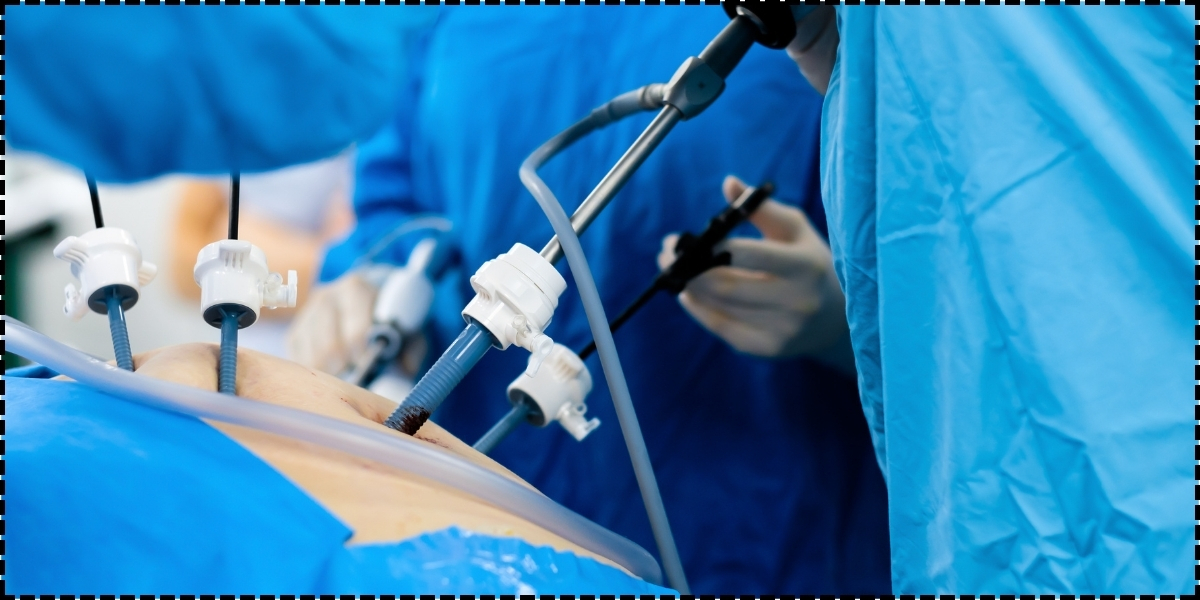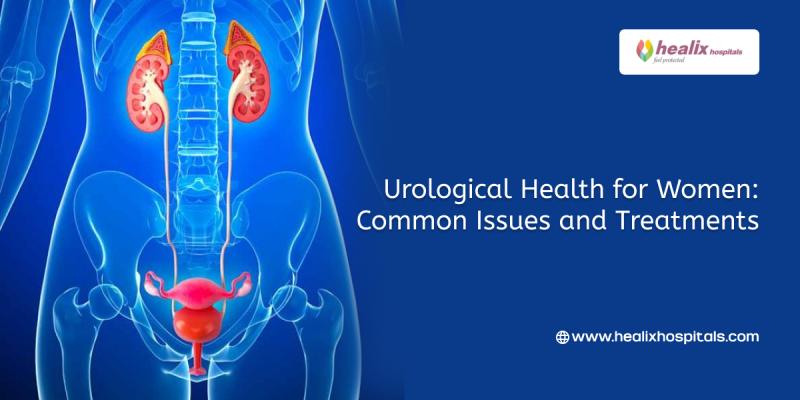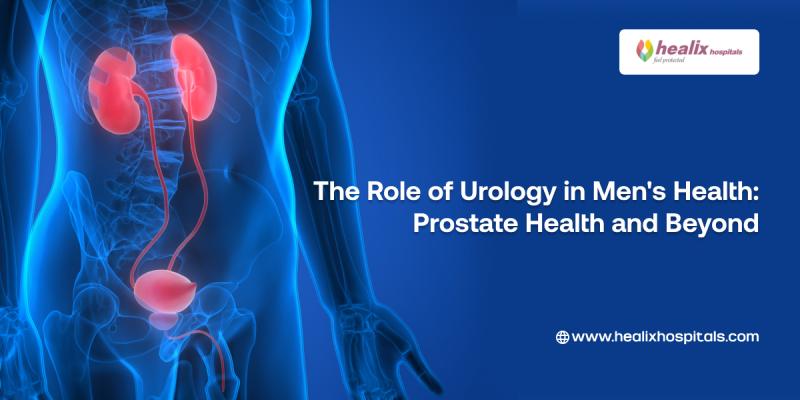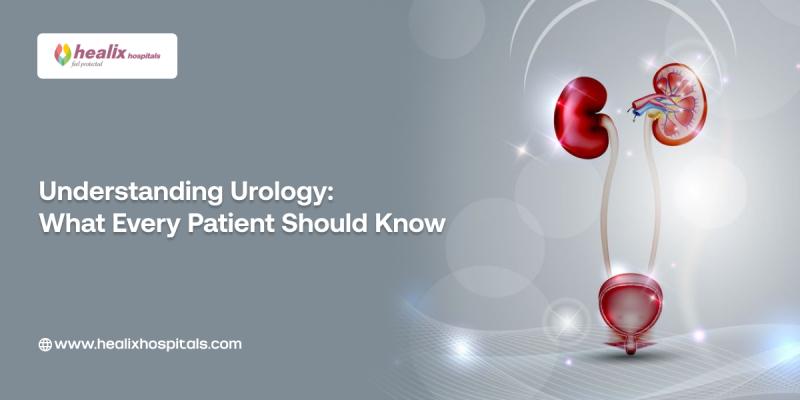Minimally Invasive Gastrointestinal Surgery: Benefits and Procedures

Minimally invasive surgery has revolutionized the field of gastrointestinal (GI) health, offering numerous advantages over traditional surgical methods. At Healix Hospitals, we pride ourselves on providing top-notch Minimally Invasive Gastrointestinal Surgery, utilizing the latest techniques and technologies to ensure the best possible outcomes for our patients. This blog post delves into the benefits of minimally invasive surgery, various gastrointestinal surgery procedures, and what patients can expect in terms of recovery and overall gastrointestinal health.
What is Minimally Invasive Gastrointestinal Surgery?
Minimally Invasive Gastrointestinal Surgery refers to a range of surgical techniques used to treat conditions affecting the digestive tract. Unlike traditional open surgery, minimally invasive procedures involve smaller incisions, resulting in less pain, faster recovery, and reduced risk of complications. Laparoscopic gastrointestinal surgery is one of the most common forms of minimally invasive GI surgery, where surgeons use a laparoscope – a thin tube with a camera – to perform the surgery with precision.

Benefits of Minimally Invasive Surgery
The benefits of minimally invasive surgery are numerous, making it a preferred option for many patients and surgeons. Here are some key advantages:
- Reduced Pain and Discomfort: Smaller incisions mean less trauma to the body, which translates to less postoperative pain.
- Faster Recovery Time: Patients typically experience quicker healing and shorter hospital stays compared to traditional surgery.
- Lower Risk of Complications: Minimally invasive techniques reduce the risk of infection and other complications associated with larger surgical wounds.
- Minimal Scarring: Smaller incisions result in less noticeable scars, which can be a significant aesthetic benefit.
- Improved Patient Outcomes: Overall, patients undergoing minimally invasive surgery tend to have better outcomes and higher satisfaction rates.
Types of Gastrointestinal Surgery Procedures
At Healix Hospitals, we offer a variety of gastrointestinal surgery procedures using minimally invasive techniques. Some of the common types of gastrointestinal surgery include:
1. Laparoscopic Cholecystectomy
This procedure involves the removal of the gallbladder and is commonly performed to treat gallstones and gallbladder inflammation.
2. Laparoscopic Appendectomy
Used to remove an inflamed appendix, this procedure is often performed as an emergency surgery to treat appendicitis.
3. Laparoscopic Colectomy
This surgery involves the removal of part or all of the colon and is used to treat conditions such as colorectal cancer, diverticulitis, and inflammatory bowel disease.
4. Laparoscopic Hernia Repair
Minimally invasive hernia repair involves reinforcing weakened abdominal walls, which helps prevent the hernia from recurring.
5. Laparoscopic Anti-Reflux Surgery
This procedure is used to treat gastroesophageal reflux disease (GERD) by reinforcing the valve between the esophagus and stomach.

Minimally Invasive Surgical Techniques
The success of minimally invasive gastrointestinal surgery largely depends on the techniques employed by the surgical team. Some of the most advanced minimally invasive surgical techniques include:
1. Laparoscopy
Laparoscopy involves the use of a laparoscope to view the abdominal cavity and perform surgery through small incisions. It is highly effective for a wide range of GI surgery procedures.
2. Robotic Surgery
Robotic-assisted surgery allows surgeons to perform complex procedures with greater precision and control. The robotic system translates the surgeon’s hand movements into smaller, more precise actions inside the patient’s body.
3. Endoscopic Surgery
This technique uses an endoscope, a flexible tube with a camera, to access and treat conditions within the GI tract. It is often used for diagnostic purposes and minor surgical interventions.

Recovery from Gastrointestinal Surgery
Recovery from gastrointestinal surgery can vary depending on the specific procedure and the patient’s overall health. However, minimally invasive surgery recovery time is generally shorter than that of traditional open surgery. Here’s what patients can typically expect during the recovery process:
1. Hospital Stay
Patients undergoing minimally invasive gastrointestinal surgery usually have shorter hospital stays. In some cases, they may even go home the same day.
2. Postoperative Pain Management
Pain is generally less severe after minimally invasive surgery. Over-the-counter pain medications or prescribed pain relievers can help manage any discomfort.
3. Follow-Up Care
Regular follow-up appointments are essential to monitor the patient’s recovery and address any concerns. Patients should adhere to their surgeon’s postoperative care instructions to ensure optimal healing.
4. Resumption of Daily Activities
Most patients can return to their normal activities within a few weeks. However, heavy lifting and strenuous activities should be avoided until the surgeon gives clearance.
Cost of Minimally Invasive Surgery
The cost of minimally invasive surgery can vary based on the specific procedure, the patient’s health condition, and the hospital. While these procedures may sometimes be more expensive upfront due to the advanced technology used, they often lead to lower overall costs because of shorter hospital stays, faster recovery times, and fewer complications.
Risks of Minimally Invasive Surgery
Like any surgical procedure, minimally invasive gastrointestinal surgery carries some risks. However, these risks are generally lower compared to traditional open surgery. Potential risks include:
- Infection
- Bleeding
- Adverse reactions to anesthesia
- Damage to surrounding organs
At Healix Hospitals, our experienced surgeons take every precaution to minimize these risks and ensure the safety of our patients.
Gastrointestinal Health and Surgery
Maintaining gastrointestinal health is crucial for overall well-being. When surgical intervention is necessary, choosing minimally invasive options can significantly enhance patient outcomes. Our advanced gastrointestinal surgical procedures are designed to address a wide range of conditions while promoting faster recovery and better overall health.

Patient Outcomes in Minimally Invasive Surgery
Studies have shown that patient outcomes in minimally invasive surgery are generally superior to those of traditional surgery. Patients experience less pain, quicker recovery, and a lower risk of complications. At Healix Hospitals, we are committed to achieving the best possible outcomes for our patients through the use of cutting-edge minimally invasive surgical techniques.
Why Choose Healix Hospitals?
Healix Hospitals is a leader in Minimally Invasive Gastrointestinal Surgery. Our team of highly skilled surgeons and state-of-the-art facilities ensure that patients receive the highest standard of care. By choosing Healix Hospitals, patients benefit from:
- Expertise: Our surgeons are highly trained and experienced in minimally invasive GI surgery.









Comments